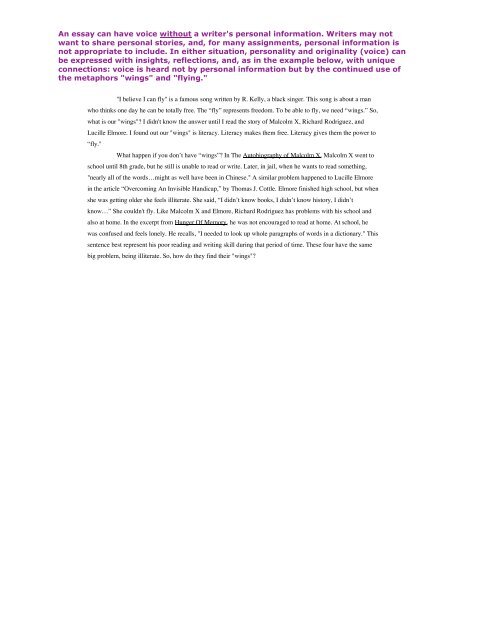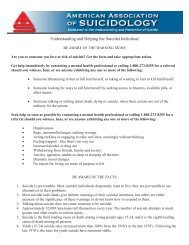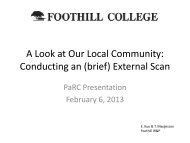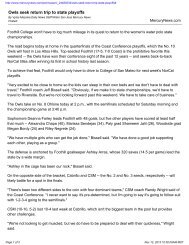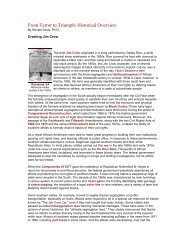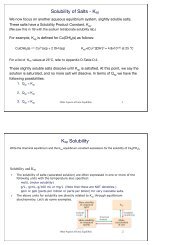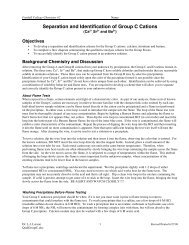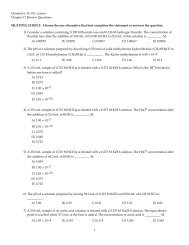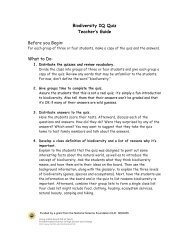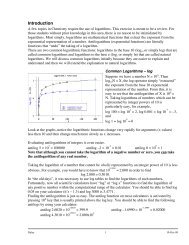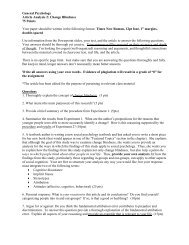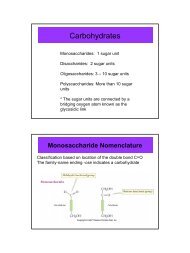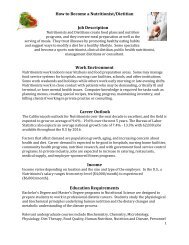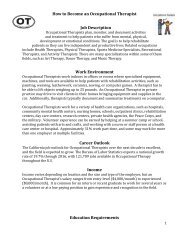what "voice" means in an essay - Foothill College
what "voice" means in an essay - Foothill College
what "voice" means in an essay - Foothill College
You also want an ePaper? Increase the reach of your titles
YUMPU automatically turns print PDFs into web optimized ePapers that Google loves.
An <strong>essay</strong> c<strong>an</strong> have voice without a writer's personal <strong>in</strong>formation. Writers may not<br />
w<strong>an</strong>t to share personal stories, <strong>an</strong>d, for m<strong>an</strong>y assignments, personal <strong>in</strong>formation is<br />
not appropriate to <strong>in</strong>clude. In either situation, personality <strong>an</strong>d orig<strong>in</strong>ality (voice) c<strong>an</strong><br />
be expressed with <strong>in</strong>sights, reflections, <strong>an</strong>d, as <strong>in</strong> the example below, with unique<br />
connections: voice is heard not by personal <strong>in</strong>formation but by the cont<strong>in</strong>ued use of<br />
the metaphors "w<strong>in</strong>gs" <strong>an</strong>d "fly<strong>in</strong>g."<br />
"I believe I c<strong>an</strong> fly" is a famous song written by R. Kelly, a black s<strong>in</strong>ger. This song is about a m<strong>an</strong><br />
who th<strong>in</strong>ks one day he c<strong>an</strong> be totally free. The “fly” represents freedom. To be able to fly, we need “w<strong>in</strong>gs.” So,<br />
<strong>what</strong> is our "w<strong>in</strong>gs"? I didn't know the <strong>an</strong>swer until I read the story of Malcolm X, Richard Rodriguez, <strong>an</strong>d<br />
Lucille Elmore. I found out our "w<strong>in</strong>gs" is literacy. Literacy makes them free. Literacy gives them the power to<br />
“fly."<br />
What happen if you don’t have “w<strong>in</strong>gs”? In The Autobiography of Malcolm X, Malcolm X went to<br />
school until 8th grade, but he still is unable to read or write. Later, <strong>in</strong> jail, when he w<strong>an</strong>ts to read someth<strong>in</strong>g,<br />
"nearly all of the words…might as well have been <strong>in</strong> Ch<strong>in</strong>ese." A similar problem happened to Lucille Elmore<br />
<strong>in</strong> the article “Overcom<strong>in</strong>g An Invisible H<strong>an</strong>dicap,” by Thomas J. Cottle. Elmore f<strong>in</strong>ished high school, but when<br />
she was gett<strong>in</strong>g older she feels illiterate. She said, “I didn’t know books, I didn’t know history, I didn’t<br />
know…” She couldn't fly. Like Malcolm X <strong>an</strong>d Elmore, Richard Rodriguez has problems with his school <strong>an</strong>d<br />
also at home. In the excerpt from Hunger Of Memory, he was not encouraged to read at home. At school, he<br />
was confused <strong>an</strong>d feels lonely. He recalls, "I needed to look up whole paragraphs of words <strong>in</strong> a dictionary." This<br />
sentence best represent his poor read<strong>in</strong>g <strong>an</strong>d writ<strong>in</strong>g skill dur<strong>in</strong>g that period of time. These four have the same<br />
big problem, be<strong>in</strong>g illiterate. So, how do they f<strong>in</strong>d their "w<strong>in</strong>gs"?


